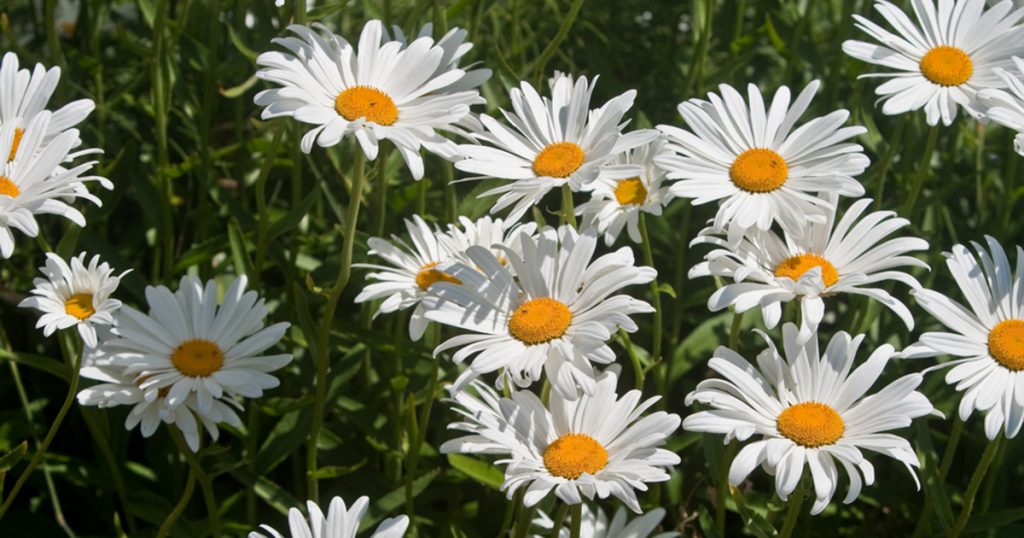
Gardeners have to learn to juggle many responsibilities. You need to track how often your plants need water, if they’re getting enough sunshine and if the environment supports them. Air quality is a big part of that. This guide will teach you about preventing air quality from impacting your garden so your plants can thrive this year.
1. Plant Away From Roads
Anyone who lives in a city has more ozone exposure than someone in a rural community. You might think that ozone only affects the atmosphere, but it can be a significant ground-level problem.
People create ozone by driving cars and operating factories, which is more common in urban areas. Some of the pollutant gas will stay along the ground and affect nearby gardens that rely on oxygen. If possible, always plant your garden away from roads to give them more distance from potential pollution.
2. Improve Your Ventilation
You might also have a small indoor garden by taking care of potted plants. They will also benefit as you learn about preventing air quality from impacting your garden. Household cleaning sprays send mist through the air and cause chemicals to land on plants. They eat away at healthy leaves and stems, ultimately harming your garden.
The best thing you can do to improve your indoor air quality is to open your windows. Let a fresh breeze in while using cleaning solutions to circulate dusty or polluted air and give your garden clean oxygen to promote its growth.
3. Avoid Chemical Pesticides
There are many chemical pesticides that accomplish gardening jobs quickly. You might use them to stop or prevent insects, but that isn’t always great for plants. Those chemicals can also hang around in the air, so seek organic pesticide alternatives like dish soap mixed with water or seaweed spray. You’ll never introduce airborne chemicals to your garden or compromise your pest control methods.
4. Watch for Lead-Based Paint
If your house construction finished before 1978, it might have lead paint on the interior and exterior walls. Many people have never thought about what’s in their home’s paint. It’s especially uncommon if you’re one of the many people who never think about redecorating with a paintbrush.
It’s worth looking into what’s in your home. Consult your home purchase agreement and any paperwork you received when you closed to determine when the original owners built it. Any residential structures before 1978 didn’t have to comply with lead contamination prevention laws.
Lead paint emits dust that leads to health complications such as:
- Nervous system damage
- Kidney damage
- Fertility disorders
It immediately affects cells, so it harms plants too. Schedule a professional lead paint inspection if your home still features old paint. It could save your family’s health and keep your nearby garden alive.
5. Check Air Quality Reports
Air pollution isn’t new. The U.S. Environmental Protection Agency (EPA) began the air quality index (AQI) in 2004 and keeps it updated regularly. You can check the index to see reports on the air quality in your city. When the index rises, move any potted plants indoors to minimize their pollution exposure. It’s a small act that makes a big difference in preventing air quality from impacting your garden.
6. Consider Watering More Often
Urban gardeners have to maintain a watering schedule just like anyone else, but they also have to consider the smog above their city. Dense smog prevents rain clouds from accumulating, delaying how often your plants get watered naturally.
If your city has constant smog, you might want to consider watering your plants more often than their packaging labels or seed packets indicated. They’ll never suffer from dehydration due to ongoing air quality issues in your neighborhood.
Improve Your Air Quality
Preventing air quality from impacting your garden takes a bit of research and practice. With time, you’ll get used to checking air indexes, watching the weather and living with your new routine that keeps the atmospheric environment in mind while tending to your plants.
Bio:
Jane is an environmental writer and the founder and editor-in-chief of Environment.co where she covers sustainability and eco-friendly living.
